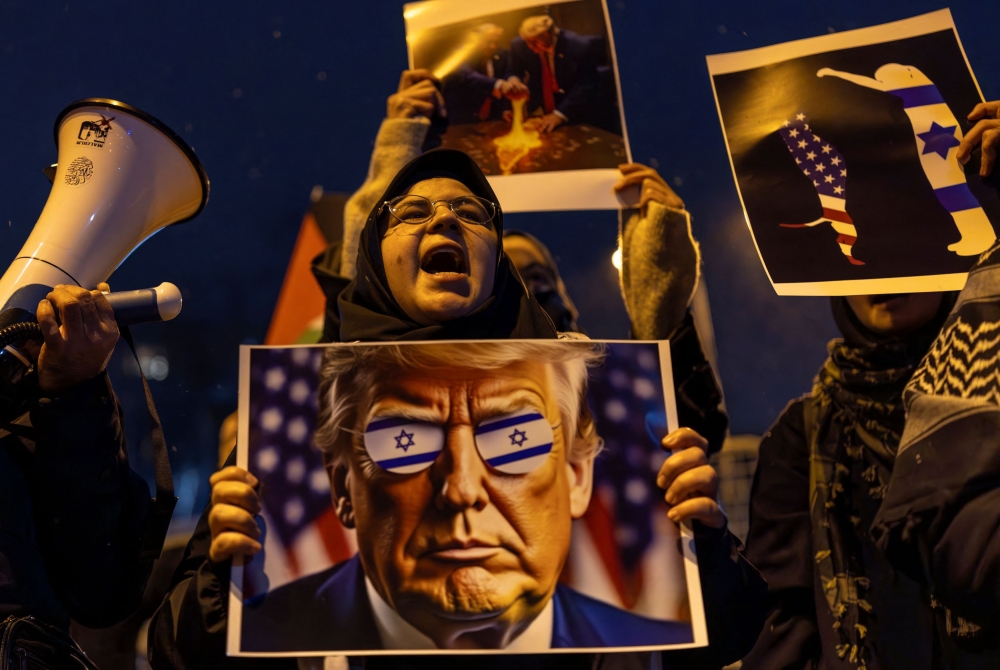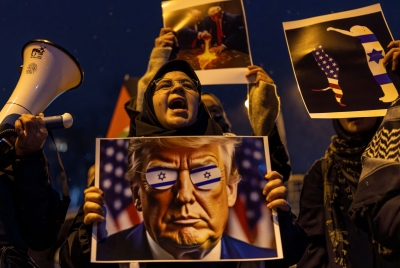FEBRUARY 7 — President Donald Trump doubled down on the shock plan he first announced on Tuesday (February 4) — that is, to resettle two million Palestinians elsewhere from Gaza in the Middle East.
On Thursday (February 6) he said that Gaza would be “turned over” by Israel to the United States (US) when the conflict is over, and no soldiers would be needed for his subsequent takeover and redevelopment plan.
That’s another moronic statement from the Republican president.
In “Do not conflate the right to police occupied territories with the right of self-defence”, I said that Israel is an occupier of the Gaza Strip.
Israel has long argued that it is no longer the occupying power in Gaza and thus has no legal duties whatsoever. However, international law jurists like Safaa Sadi Jaber, Ilias Bantekas, Nicholas Stephanopoulos and many more, contend otherwise.
Israel still occupies Gaza for two reasons: first, because it retains effective control over the territory, and second, because agreements between Israel and the Palestinian Authority (PA) prohibit unilateral changes to the legal status of Gaza and the West Bank.
A fundamental concept in international humanitarian law (IHL) is that occupation is a temporary situation at the end of which control of the territory will return to the original sovereign.
During the temporary period of occupation, the occupying power administers the territory on behalf of the sovereign.
The status of the occupying power can therefore be compared to that of a trustee that is supposed to introduce as few changes (demographical, geographical, political) as possible, to preserve the status quo that existed at the beginning of the occupation.

Demonstrators attend a protest against US President Donald Trump’s plan to resettle Palestinians from Gaza, in front of the US consulate in Istanbul February 6, 2025. — Reuters pic
The criteria for the start of an occupation are very similar to its end — that is, the presence and absence respectively of hostile armed forces on the territory.
Accordingly, occupation ends when there is no effective occupier control over a territory, and the occupying power no longer performs the functions of a government, directly or indirectly.
In short, it can be said that occupation ends when the conflict is over. Effective power must be returned to the rightful sovereign.
As mentioned earlier, occupation is temporary or provisional in character and does not award the occupying power sovereignty over the occupied territory.
As an occupying power, Israel cannot “turn over” the Gaza Strip to the US after the conflict is over.
Gaza must be returned to Gazans.
*This is the personal opinion of the writer or publication and does not necessarily represent the views of Malay Mail.







